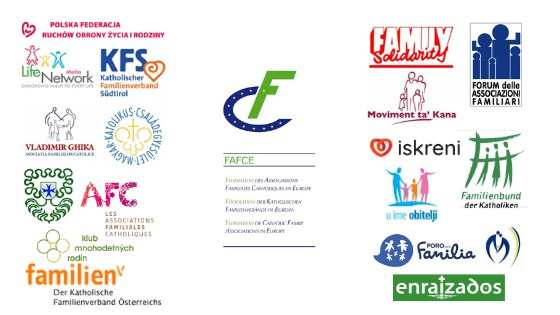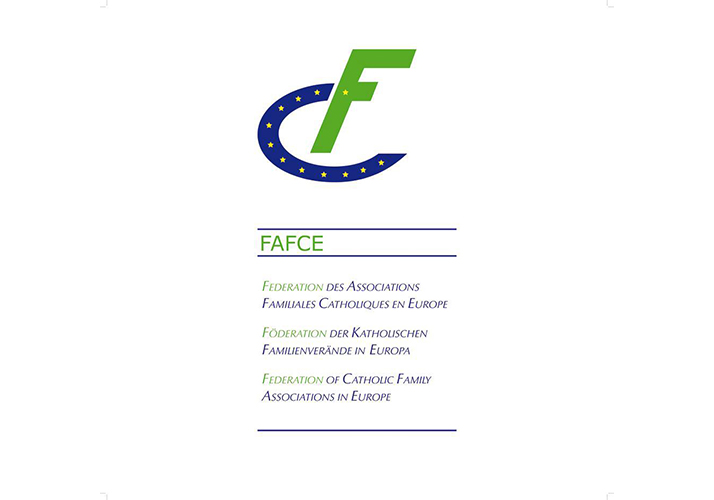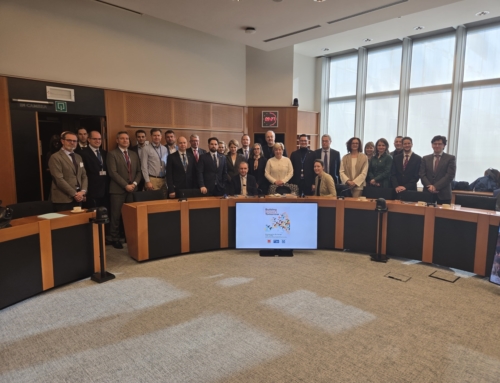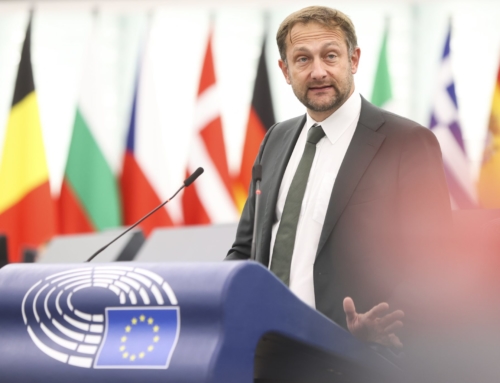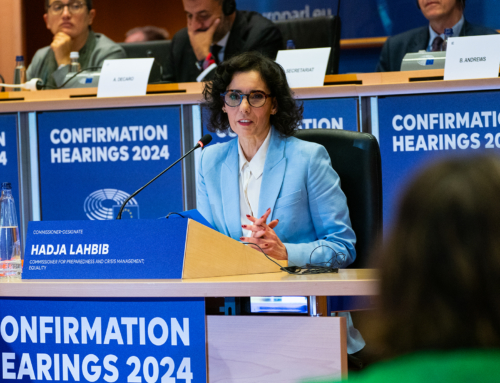A couple of months ahead of the European Elections, the Committee on Civil Liberties, Justice and Home Affairs (LIBE) of the European Parliament prepares a report that is likely to meet very diverging opinions across the EU as it clearly oversteps the competencies of the EU and thereby tramples on the principle of subsidiarity.
Austrian MEP Ulrike Lunacek, Vice President of the European Parliament’s Intergroup on LGBT Rights, is the rapporteur of a report “on the EU Roadmap against homophobia and discrimination on grounds of sexual orientation and gender identity”. The title sounds familiar as it recalls the name of a study published by the European Parliament in 2012, with the contribution of the European LGBTI lobby ILGA Europe, called “Towards an EU roadmap for equality on grounds of sexual orientation and gender identity”.
The draft report that was recently published still leaves much room for development. However, it stands clear that the report aims at introducing an agenda on which there is no common position among the Member States, namely the agenda promoted by the LGBTI lobby as well as over 150 Members of the European Parliament. The report “calls on the European Commission, Member States and relevant agencies to work jointly on a comprehensive policy to protect the fundamental rights of LGBTI people over a period of five to ten years, i.e. a roadmap, a strategy or an action plan”. The areas currently announced only as headlines in the report include: General provisions in the field of non-discrimination; Non-discrimination in employment, education, health, and goods and services; Action specific to transgender and intersex persons; Citizenship, families and freedom of movement; Freedom of assembly and expression; Hate speech and hate crime; Asylum; Enlargement and external action.
The draft report points out that “the European Parliament has asked ten times for a comprehensive European Union policy instrument for equality on grounds of sexual orientation and gender identity” (recital. I). Nevertheless, such a statement rather emphasizes the different approaches to this claim of the EU Member States which are the competent actors in the many of the areas referred to in the draft report, and namely with regard to issues related to family law.
Moreover, when looking at a map of the European Union it appears clearly that none of the former States of the Warsaw Pact or the USSR that are now EU Member States have introduced the kind of legislation that the report calls for… A fact to be taken into consideration.
FAFCE’s President Antoine Renard recalls that “the EU is currently facing many challenges and its popularity among the European citizens is not at its highest peak. Promoting an agenda based on lifestyle choices that clearly divides the Member States is hardly the best solution to achieve social cohesion within the EU. All citizens of the EU are entitled to live in peace and the dignity of every person must be respected. The rights of all EU citizens must be upheld and protected. However, the tendency to categorise Human Rights cannot be the way forward: every person, every man and every woman, are entitled to Human Rights and equal in dignity. Nevertheless we must not forget that these rights are not conditioned by the individual desire but by the common good. Marriage is for instance an institution intended to provide support and protection for a man and a woman who found a family and raise their children, their contribution to society through the education of their children is protected by law.”
The draft report is scheduled to be presented to the LIBE Committee on 5 November.
